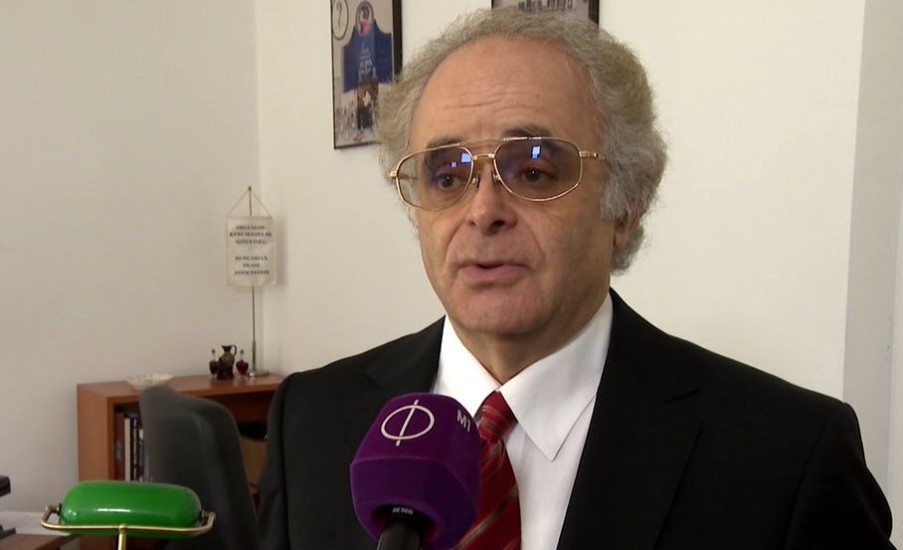The food trade acknowledges that the price cap on basic products will remain in effect until October, which has imposed a burden of around HUF 60 billion on the area. Instead of the risk of price increases, stores are looking at the possibilities of further cutting costs.
Traders are aware that the national economy is in a difficult situation, and the government's intention to continue strengthening families against the effects of war by extending the price cap is understandable, György Vámos told Magyar Nemzet .
The Secretary General of the National Trade Association made a statement regarding the fact that the price caps on fuel and basic foodstuffs, which provide significant support to households during everyday shopping, have been extended until the first of October.
Demand for basic products is clearly strong, customers are taking advantage of the opportunity, while the sale of other goods has moderated somewhat, but there are no targeted statistics on this, said the general secretary.
He stated that the supply of goods in Hungary is still stable and safe, only the international environment causes problems in the goods market tension due to the war in Ukraine, which is the engine of price increases.
It is therefore understandable that the government intervenes in the processes, he noted. As he pointed out, the price cap in the case of foodstuffs reduces inflation by five percent.
According to the latest statistics, food prices rose by 18.6 percent in May, which would have risen to more than 23 percent without the price limit, i.e.
the braking effect is clear, which customers feel in all cases - he underlined. The buyer decides whether or not to accept the higher prices anyway, he said.
György Vámos also touched on the fact that the profit tax, called additional tax in this area - which, based on last year's payment of the current retail tax, must be paid again at 80 percent by companies with an annual income of over HUF 500 million - will add around HUF 63 billion to the defense funds this year. Businesses offering not only food, but all types of goods must pay this in November.
The biggest burden now falls on the food trade, whose actors are confident that, as expected, the increasing rate of price increases will stop in the second half of the year.
It is really not possible to see the market processes further than October, but we hope that the price cap is necessary for as short a time as possible, which depends on peace. After the price pressure has eased, then its exit can be realistic, he noted.
Source, full article, featured image: Magyar Nemzet













